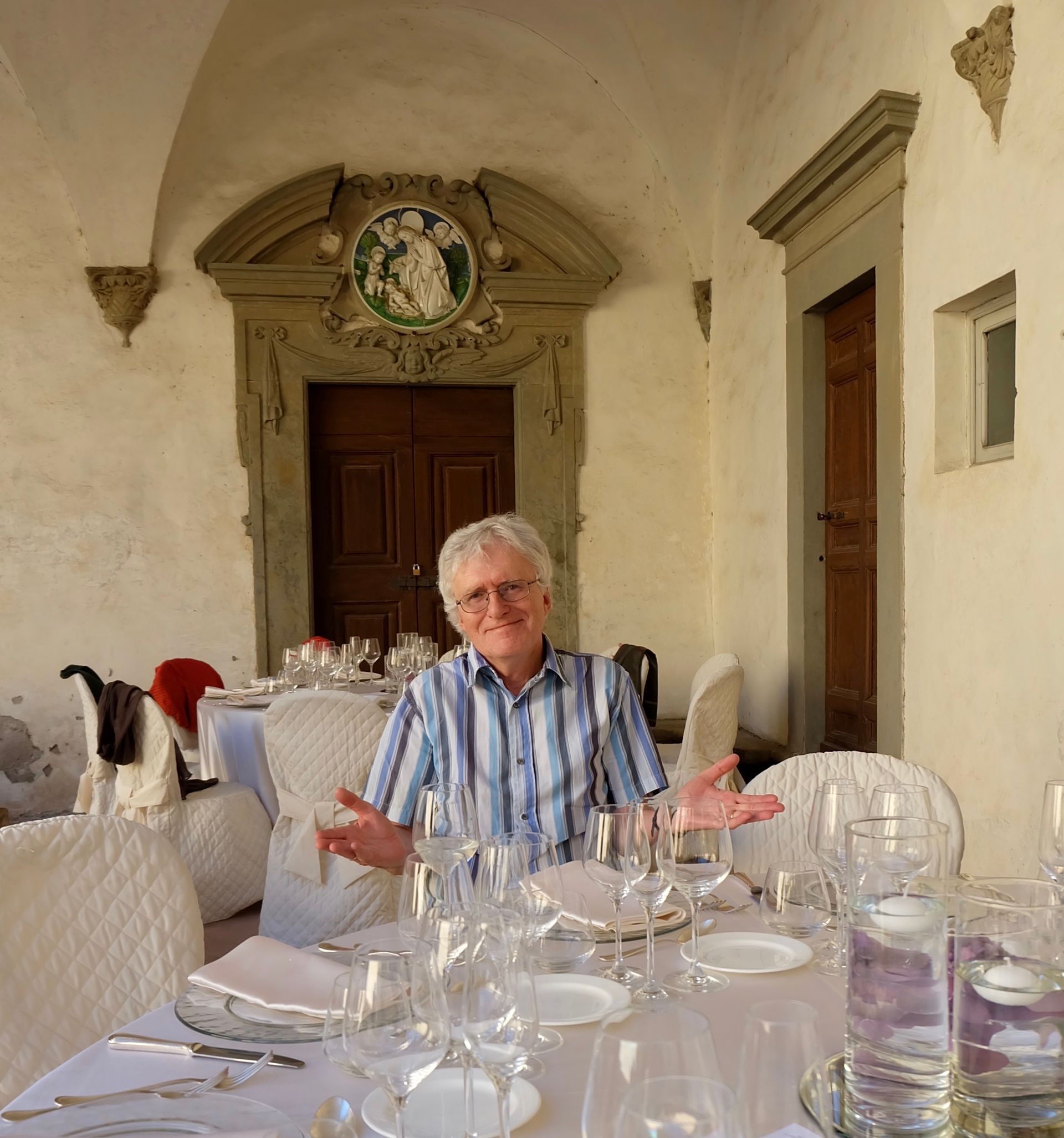The election of a Pope
Luke Bancroft Monash University
As I begin to write this piece, the one hundred and fifteen cardinals who have been locked inside the Sistine Chapel for the past few days or so have managed to decide who will lead their Church through the next phase of its life.  The world’s most watched chimney billowed forth its white smoke, causing the faithful in the Piazza di San Pietro – as well as the other billion or so Roman Catholics around the world – to burst into rapturous applause, which was only superseded by their joy at the emergence of Cardinal Jorge Mario Borgoglio as Pope Francis I.
The world’s most watched chimney billowed forth its white smoke, causing the faithful in the Piazza di San Pietro – as well as the other billion or so Roman Catholics around the world – to burst into rapturous applause, which was only superseded by their joy at the emergence of Cardinal Jorge Mario Borgoglio as Pope Francis I.
In a world of tweets, tablets and smart phones, the Conclave is a rather odd throwback to times past. A large group of old men lock themselves in a room and cast a secret ballot, and then let the rest of us know by sending smoke signals. No live Twitter updates, no hash-tags, no social media. Just the cardinals, a temporary chimney, and some pretty amazing frescoes. The world’s media does its best to drag the event into the twenty-first century, but it’s hard work to make a 24-hour-a-day live feed of the Sistine Chapel roof interesting TV viewing. And talk about speculation…‘What do you think is going on inside the chapel, random person wandering around St Peter’s Square?’
Allow me, then, to add to the conjecture by retelling the story of the election of Pius II. Surely we can trust the first hand account of a pope himself to tell us what really happens inside a Conclave. Right? In the summer of 1458, on a day the armies of Christian Europe lost yet another battle to the Ottoman Turks, the reigning pope, Callixtus III, died. To make matters worse, Cardinal Domenico Capranica, the man who was favoured to next sit in St Peter’s throne, also died before the Conclave could commence.
The drama of these events is one of the key elements of Pius’ Commentaries , which he wrote during his six-year reign and in which the author somewhat cheekily (at least to us it’s cheeky!) talks about himself in the third person. Indeed, the melodrama would put Hitchcock to shame as Pius paints a vivid picture of the underhanded jostling that rushed into the power-vacuum left by the successive deaths of Callixtus and Capranica. To begin with, Pius seizes the opportunity presented by Capranica’s death to retrospectively anoint himself the obvious successor to Callixtus. He states that ‘it was common talk that Aeneas of Siena would be pope. No one was held in higher esteem’ (Aeneas, of course, was his name before he was Pius, remember what I said about the third person?). In the face of this unwavering confidence, however, the first scrutiny proved inconclusive and as a consequence Pius tells us that those aspiring to the papacy were forced to lobby fiercely for support. He says that ‘each had a great deal to say for himself. Their rivalry was extraordinary, their energy unbounded. They neither rested by day nor slept at night’. From this charged atmosphere there would emerge two main candidates: Aeneas, and the Cardinal of Rouen, an unscrupulous French noble who agitated incessantly to capture the papacy.
According to Pius, a clandestine gathering determined to elect the Frenchman, prompting the memorable line, ‘a perfect place to elect such a pope: where better to strike a filthy bargain than in the latrines!’ He follows this extravagance with the exclamation that ‘no one’s going to get me to vote for a man I think totally unfit to follow Peter’. Finally Pius plays his trump card. In a rather alarmist way he fuels the fear that a Rouen papacy would desert Italy forever. He exhorts a fellow cardinal to ‘take care! Even if you think nothing of the Church of Rome, even if you have no regard for the Christian religion and despise God – whom you’d provide with such a vicar – at least take thought for yourself, for you will find yourself among the last and least, if a Frenchman becomes pope.’ Of course, the Frenchman didn’t become pope, the papacy didn’t move back to France, and the right man – or so Pius tells us – is granted control of the Western Church. The pages that follow contain a lot of congratulations and smiles and weeping, and Pius’ hands and feet are kissed a great many times. Surprisingly, Pius is quite terse when it comes to his coronation, mainly because he is in a mad rush to prove himself the scourge of the Ottoman Turks. He colours his immediate call for another crusade by telling us that ‘everyone applauded his courage and his purpose and praised him to the skies as the only man on earth who cared for the safety of the faith’. An interesting claim, but that is a story for another time…
There it is. The inside story of what happens when the Catholic world needs to elect a new pontiff. As of this morning, one of the most exciting but irregular carnivals has left town. There is nothing left to do, other than call in the chimney sweeps, give it a good clean and pack it away for next time.








